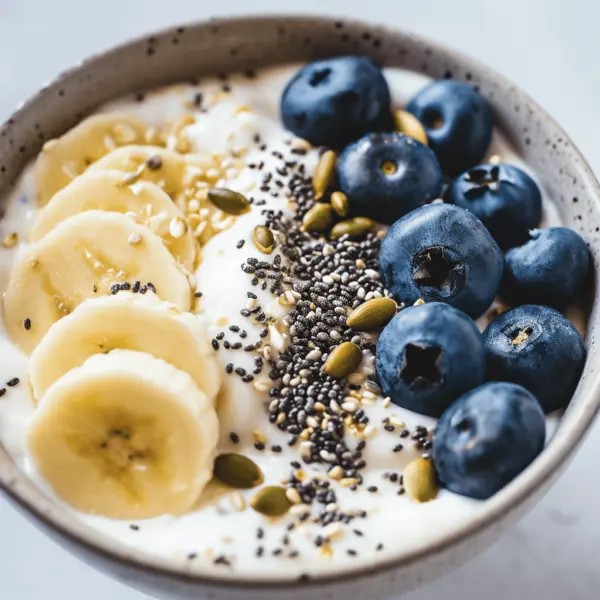Welcome to The Role of Electrolytes, where we unravel the secrets of these tiny but mighty elements that play a crucial role in keeping your body finely tuned. Let’s explore the functions of electrolytes, understand why they’re essential, and discover how to maintain a harmonious balance for optimal hydration. Get ready for an enlightening journey into the world of electrolytes!
The Role of Electrolytes
Why are Electrolytes Important for Athletes?
Electrolytes play a crucial role in maintaining hydration and supporting various bodily functions, especially for athletes. During intense physical activity, the body loses electrolytes through sweat, which can lead to dehydration and impaired performance. Electrolytes help replenish lost fluids and maintain proper muscle function, allowing athletes to perform at their best.
How Do Electrolytes Help with Hydration?
Electrolytes, such as sodium, potassium, and magnesium, help regulate fluid balance within the body. They facilitate the absorption and retention of water, ensuring adequate hydration levels. By maintaining electrolyte balance, the body can efficiently transport nutrients to cells, regulate temperature, and support overall hydration, essential for optimal athletic performance.
What Are 4 Functions of Electrolytes?
Maintaining Fluid Balance: Electrolytes regulate the distribution of water within the body, ensuring proper hydration levels.
Supporting Nerve Function: Electrolytes help transmit electrical impulses along nerve cells, facilitating communication between the brain and muscles.
Regulating Muscle Contractions: Electrolytes, particularly calcium, potassium, and magnesium, play a vital role in muscle contraction and relaxation, essential for physical activity.
Balancing pH Levels: Electrolytes help maintain the body’s acid-base balance, ensuring optimal pH levels for cellular function and overall health.
Can You Drink Too Much Electrolytes?
While electrolytes are essential for bodily functions, consuming excessive amounts can lead to electrolyte imbalances, known as hypernatremia or hyperkalemia. This condition can cause symptoms such as nausea, vomiting, confusion, and even cardiac issues. It’s essential to consume electrolytes in moderation and listen to your body’s signals to prevent overconsumption.
Electrolyte Imbalance Warning Signs
Muscle Cramps: Persistent muscle cramps or spasms may indicate an electrolyte imbalance, particularly low levels of potassium or magnesium.
Fatigue: Feeling unusually tired or lethargic despite adequate rest and nutrition could be a sign of electrolyte deficiency.
Irregular Heartbeat: Electrolyte imbalances, especially involving potassium or calcium, can disrupt the heart’s rhythm, leading to palpitations or arrhythmias.
Headaches: Dehydration and electrolyte imbalances may trigger headaches or migraines in some individuals.
Hydration Hacks for Electrolyte Bliss
-
Drink Electrolyte-Enhanced Beverages: Choose sports drinks or electrolyte-infused water to replenish lost fluids and electrolytes during exercise.
-
Consume Electrolyte-Rich Foods: Incorporate potassium-rich fruits (e.g., bananas, oranges) and magnesium-rich nuts (e.g., almonds, cashews) into your diet to support electrolyte balance.
-
Monitor Hydration Levels: Pay attention to your body’s hydration cues and drink fluids regularly, especially before, during, and after physical activity.
-
Consider Electrolyte Supplements: If you struggle to meet your electrolyte needs through diet alone, consult a healthcare professional about incorporating supplements into your regimen.

Electrolytes are the unsung conductors of your body’s orchestra, ensuring everything runs smoothly. By staying mindful of your hydration and incorporating electrolyte-rich foods, you’re not just quenching your thirst but also supporting your body’s intricate dance of functions.
What Are the Best Sources of Electrolytes?
The best sources of electrolytes include:
- Sodium: Found in table salt, canned soups, and processed foods.
- Potassium: Abundant in bananas, oranges, spinach, and sweet potatoes.
- Calcium: Dairy products like milk, cheese, and yogurt are excellent sources.
- Magnesium: Nuts, seeds, whole grains, and leafy green vegetables are rich in magnesium.
Should I Be Drinking Electrolytes?
Drinking electrolytes is beneficial, especially if you are losing a significant amount of fluids through sweating, illness, or strenuous physical activity. Electrolyte drinks can help replenish lost minerals and maintain hydration. However, for a regular, balanced diet, plain water is typically sufficient for hydration needs.
How to Get Electrolytes Naturally?
You can get electrolytes naturally by consuming a balanced diet that includes a variety of fruits, vegetables, dairy products, nuts, and seeds. Foods like bananas, spinach, yogurt, and avocados are particularly rich in essential electrolytes.
What Are the 3 Most Common Electrolytes?
The three most common electrolytes are:
- Sodium (Na+): Helps maintain fluid balance and is essential for muscle and nerve function.
- Potassium (K+): Crucial for muscle function, including the heart, and helps regulate fluid balance and nerve signals.
- Calcium (Ca2+): Important for bone health, muscle contraction, and nerve signaling.
How Can I Check My Electrolyte Levels?
You can check your electrolyte levels through a blood test, which measures the levels of key electrolytes in your body. This is typically done in a healthcare setting. If you suspect an imbalance, consult with a healthcare provider who can recommend appropriate testing and treatment.
Can Drinking Too Much Water Cause Low Electrolytes?
Yes, drinking too much water can dilute the concentration of electrolytes in your body, leading to a condition known as hyponatremia. This occurs when the sodium levels in your blood become too low, which can cause symptoms like nausea, headache, confusion, and in severe cases, seizures.
Can I Just Add Salt to Water for Electrolytes?
While adding a pinch of salt to water can help increase sodium levels, it does not provide a balanced mix of all essential electrolytes like potassium and magnesium. For a balanced electrolyte solution, consider using oral rehydration salts or electrolyte powders that contain a proper mix of essential minerals.